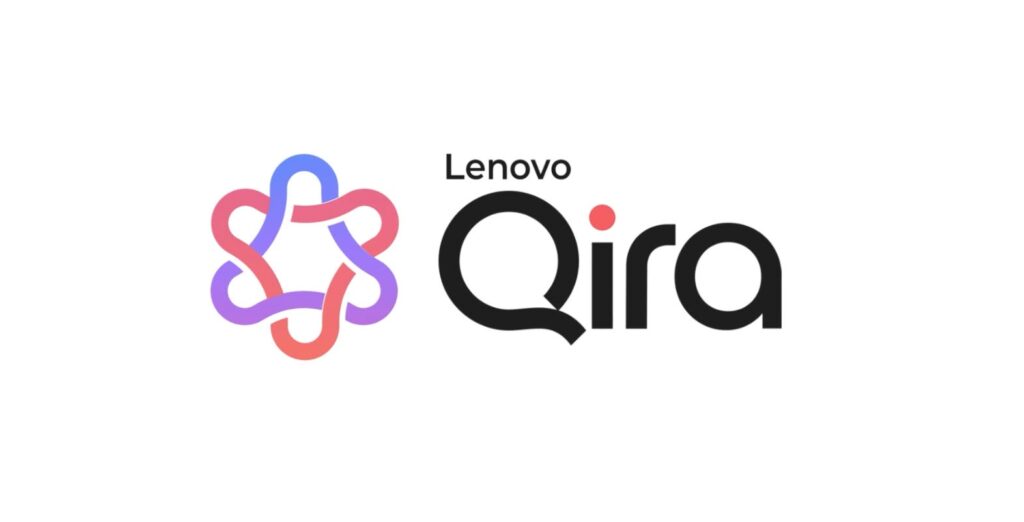Physicians rely on technological innovations to offer the best possible care. This has been true for centuries. That’s why many in the medical industry are excited about recent improvement in artificial intelligence tech.
In the not-too-distant future, AI will play a key role in health care. Specifically, it’s going to offer major solutions to frequent problems that both patients and practitioners face. Whether that’s through iOS app development for patient and professional use or designing hardware that improves surgical precision, the future of healthcare is taking shape via AI tech. The following examples illustrate merely some of the ways this technology is about to revolutionize the way we stay healthy.
Clearing Up Insurance Confusion
Receiving proper medical care for any ailment can be a tedious process. The nature of medical insurance doesn’t help. Throughout the United States, more than half of insured citizens report experiencing confusion when trying to understand whether or not their plans cover a needed treatment. Many Americans also report that finding doctors in their networks is difficult.
Up until recently, there was little anyone could do to simplify the process. Patients simply had to coordinate with physicians and their insurance providers to learn what was and was not covered. This was time-consuming, but necessary.
AI is changing that. Applications like the ZocDoc Insurance Checker are using AI to help patients better understand their coverage. Users upload pictures of their insurance cards, and if they plan on booking an appointment with a new physician, the app checks their information to confirm whether a doctor is in their network or a treatment is covered.
This will substantially boost the efficiency of the process. That means patients are likely to get the care they need sooner than they would have in the past. For many conditions, that can make a very big difference.
Physicians will also be able to work more effectively. When doctors and their staff don’t have to help patients navigate insurance plans, they can focus more on offering quality treatment.
Helping Patients Get Medical Advice
A physician shouldn’t simply be a professional you see when you’re ill. They should also be a person you consult when you want to know more about improving your overall wellness.
The problem is, most people don’t have time to get in touch with their doctors on a regular basis. Thanks to AI, that might not be a problem anymore.
Doc.ai is one such app that will help users learn more about their health without contacting a physician. Users are prompted to input information about their identity and health, including age, weight, gender, height, any medications they take, etc. The more information a user provides, the more helpful the app will be. Users can even link the app to a FitBit device to provide data about their fitness.
The data is stored in what’s essentially a digital medical file. Users may ask the app questions like “How can I lower my cholesterol?” or “Should I be losing weight?” The app will refer to the information in the file to provide accurate answers. If it can’t determine the best answer, it will instruct the user to contact a physician with their questions.
The team behind Doc.ai is also planning to release products designed to evaluate blood test results and other lab work. This helps patients understand their results, and it helps physicians work more efficiently. The less time they have to spend evaluating lab work, the more time they can spend developing a treatment plan.
Picking Up on Subtle Details
Physicians can’t be with their patients 24/7, nor can they be expected to pick up on all signs of a potential health issue. Unfortunately, the early symptoms of many conditions can be subtle. This is especially the case with mental health conditions.
Yet again, AI will help address this problem. Right now, multiple AI firms are developing technologies that will monitor changes in a person’s facial expressions, biomarkers, and even their speech patterns. If any changes indicate that a person is suffering from an episode of depression or anxiety, the app will let the user know that they may wish to seek treatment.
It’s easy to imagine that future apps will help diagnose an even wider range of health issues. That means people will be more likely to get the care they need before a minor problem turns into a major illness.
Again, these examples don’t begin to cover all the ways both physicians and patients will rely on AI in the future. As the technology continues to develop, its list of potential applications will grow. No matter what innovations arise in the future, it’s clear that the medical industry will benefit in a big way.
- Building Trust into the Cybersecurity Gig Economy - February 5, 2026
- Why Identity Is the Key to AI-Driven Defense - January 30, 2026
- Zero Trust, Real Talk: A Conversation with Dr. Chase Cunningham - January 21, 2026




Comments are closed.